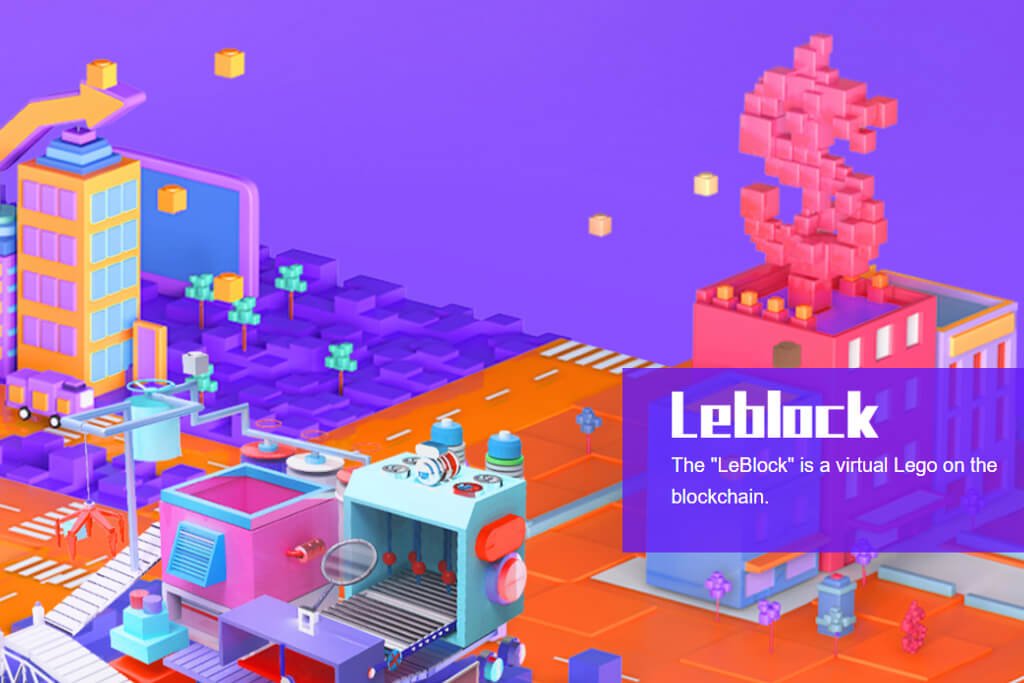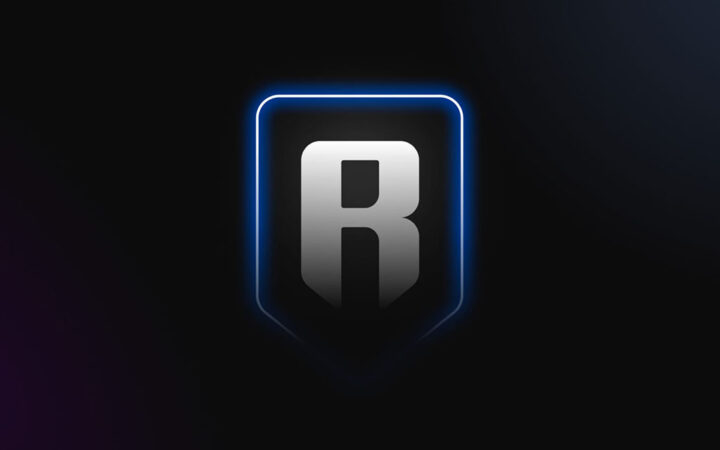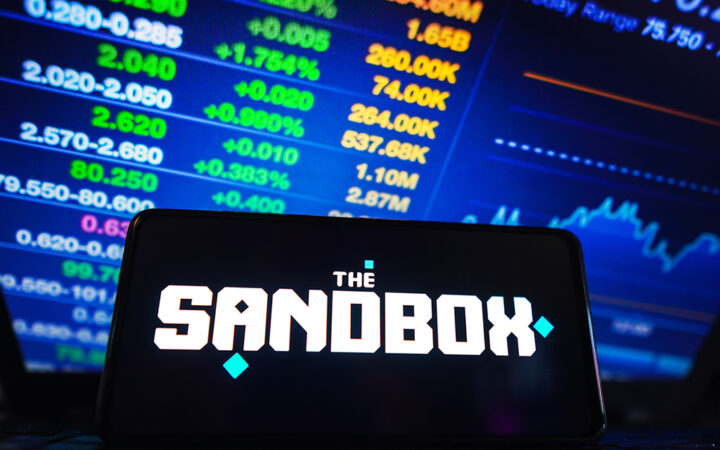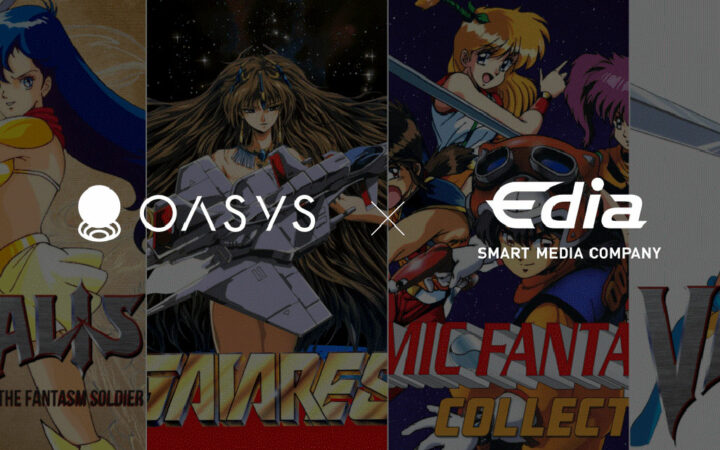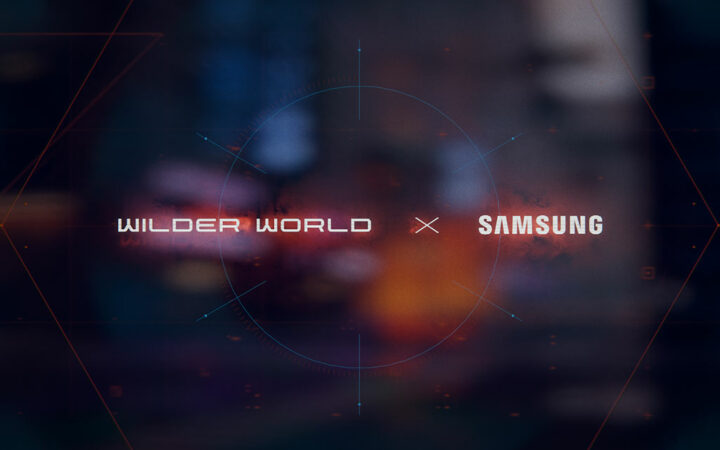
Gamers are among the groups of users who are ready to adopt blockchain and cryptocurrency. According to a 2013 state of the industry report submitted by game developer Spil Games, there are more than 1.2 billion gamers around the world, who are known for their eagerness towards adopting innovative technology. As early adopters, they would contribute to a significant influence on blockchain. Everett M Rogers’ 1962 book Diffusion of Innovations (via The Interaction Design Foundation) stated that early adopters are the most influential group in any market having a certain degree of “thought leadership” and a high social status. And while they take less risks than innovators, they make reasoned decisions, which is something that gamers would do with blockchain too, when confronted with the benefits.
When we consider game consoles and their evolution, we find that they are systems with mass appeal. This is a result of the behavior of early adopters in the gaming industry. Major consoles such as the XBOX and PS4 would not be where they are, had it not been for the enthusiastic efforts of early gaming influencers.
A New Wave of Next-Level Games
The opportunity presented within the gaming industry for the blockchain technology adoption has actually led to the development of next-level games that were once considered impossible to develop. Games such as Leblock, a merger of blockchain and gaming, describe itself as “virtual LEGO” on the blockchain.
The Leblock team is keen to establish the game as a sort of blockchain version of LEGO or Minecraft because this will serve as one of the major channels of linking blockchain with the mainstream, esp. given that everyone knows and has a childhood-long love with these two. Think of Leblock as a sandbox blockchain game, where, instead of sand, the existing 80,000 plus players can use blocks to freely create various creatures. Due to the fact that Leblock was designed with the player’s creativity in mind, gamers are able to create the content that they see in the game and set their own goals. This is done through building, mining and trading, the latter of which occurs in the form of transactions.
A Game that Iteratively Improves Itself
During the last couple of decades, we have seen various technologies revolutionize industries on a large scale. In 2018, the technology that is transforming the world as we know it is blockchain. From the financial sector to supply chain and even the entertainment industry, blockchain is changing the foundation of how traditional systems function. Though full integration into the infrastructure will take a few years, there are several industries that are ready to fully adopt this technology. One of these industries is gaming.
Despite blockchain-gaming industry evolves rapidly, it is currently experiencing several problems. One of the main problems is the fact that the game is not completely decentralized. It is regarded as semi-centralized, meaning that the community and other developers are not able to expand their businesses that are based on the blocks. There are also limitations in the scenarios that players can create within the game.
Leblock has worked to resolve this through formally implementing business logic, blocks, and computing power in order to lift these limitations. The company has also assured that it is in the midst of transitioning from semi-centralization to total decentralization.
A second problem hindering the game’s progress is that the gameplay of the block is currently relatively weak only supporting the use of blocks for assembling modules, which has failed to fully show the true joy of LEGO. To resolve this issue and truly emulate the spirit of LEGO, Leblock will not only have varied colors, but also will add physical, action, AI, and other modules to create infinite possibilities for its users. Leblock will also provide a platform, where players will be able to create and showcase their cultures and ideas.
Lastly, copyright is a major issue the company is working on solving. Presently, the copyrights of players’ ideas and innovations on the block are stored in the centralized server, making these rights vulnerable to theft and attacks. This limits public trust and affects the way the game is carried out. To solve this, Leblock has cultivated creative culture assets that will be on-chain. This will ensure and strengthen copyright protection and the ownership of digital assets will be handed over to the players leading to a secure and energetic ecosystem where creativity can flourish without limits.
Great Rewards for the Users
Leblock offers great rewards in the game, with transactions taking place with virtual currency – something gamers are already known to have embraced in online gaming. Through small purchases called microtransactions, gamers are able to spend real money to buy virtual currencies for their games which can in turn be spent on in-game items such as new characters and skins. Money earned by gamers, through transactions made on the game, will be credits that will hold monetary value. Players are rewarded for making use of the Leblock system, which is no foreign concept to the blockchain world.
For a game of great magnitude, like Leblock, to be up and running, a stable and reliable blockchain is required. This is why the developers of the game chose to build it on the Metaverse blockchain, where Digital Asset and Digital Identity capabilities – products of Metaverse – have been incorporated into the game. Assets created within the game can be recorded on the blockchain, thus becoming immutable and unalterable. An additional advantage is that assets are linked with the users’ respective Digital Identities, preventing any form of theft.
Leblock is an example of the innovative possibilities presented by blockchain. Creativity has been given an outlet to grow in a way it could not before, with users leading the way. Leblock’s collaboration with Metaverse also embodies everything about the revolutionary blockchain technology, with a cross chain development planned between the two companies that will allow data sharing across different main chains. Blockchain seeks to promote collaboration and fairness within all fields and industries. Should more companies emulate what Leblock and Metaverse have done, we may see a wider range of innovative possibilities we never thought we would ever see.

